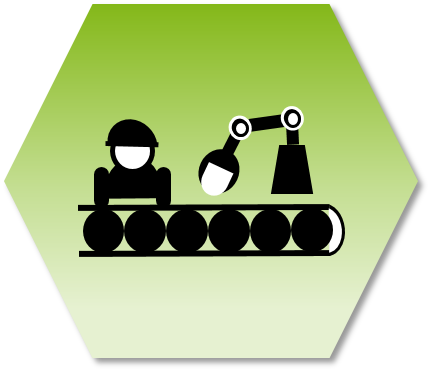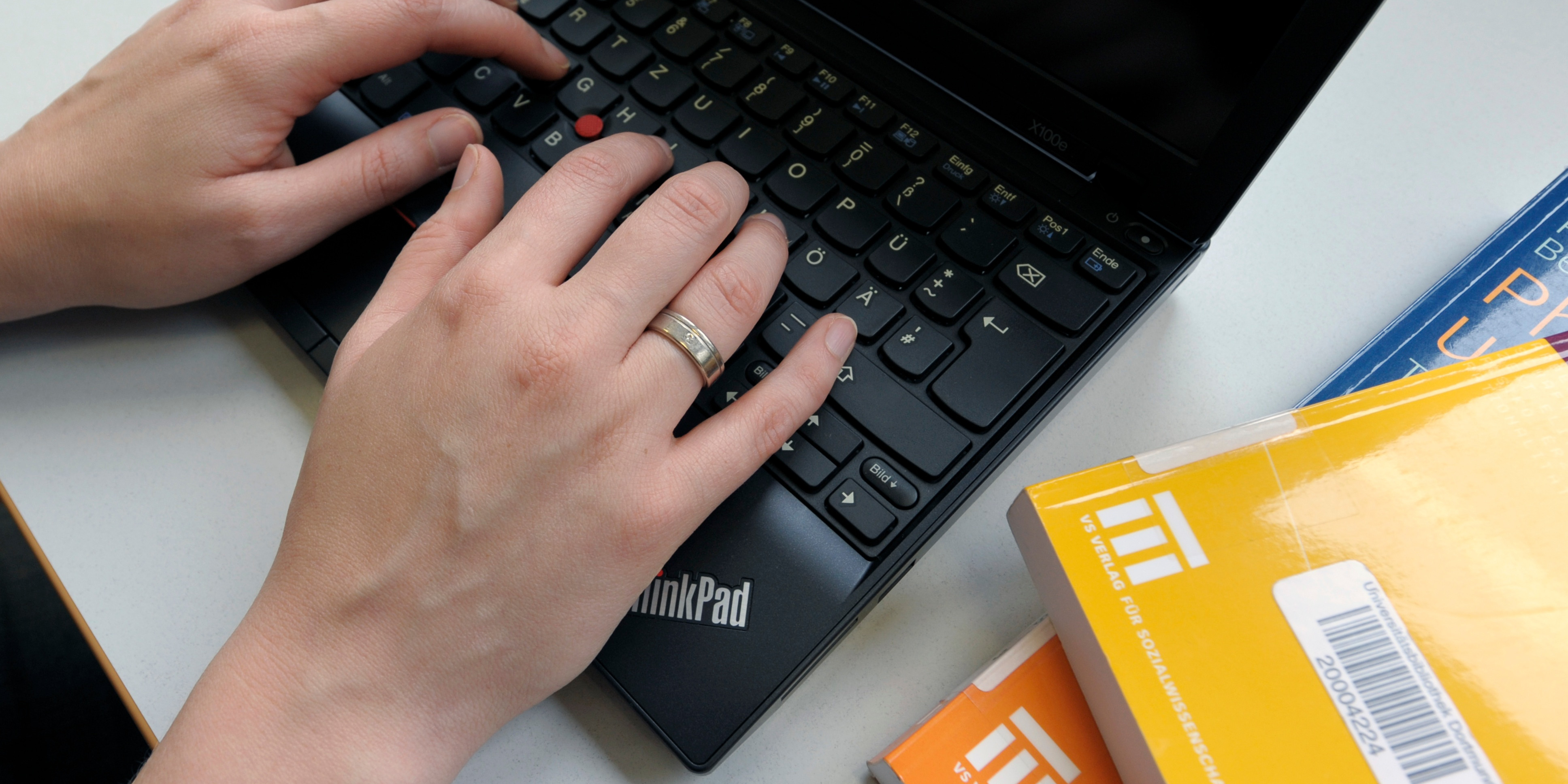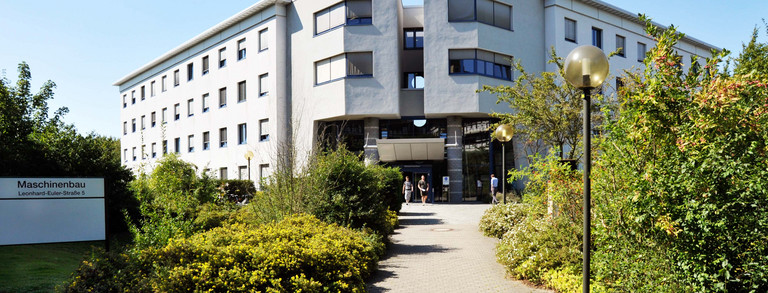Work System Design
More than ever before, companies are striving to design their work systems and processes efficiently and to ensure value-adding interaction between people and technology in view of Industry 4.0 and the automation of work. This goal drives the research activities of the Work System Design research area.
Meeting current Challenges
Our goal is to research the goal-oriented design of socio-technical work systems as well as the economic and health-oriented organisation of work processes. In addition to the classic disciplines of industrial engineering, the research activities include human-technology interaction and competence development. The research area always works closely with industrial companies to ensure a continuous transfer of results and to guarantee a productive, economic and ergonomic design of industrial work tasks in the future.

Research and Competence Focuses
The oldest research foci are time management and work system design. The focal points of these fields of activity include:
- REFA time studies
- MTM recordings
- multi-moment studies
- the planning and design of workplaces and work systems
- the ergonomic evaluation of workplaces
- the efficient linking and synchronisation of workplaces to form work systems
- human-robot collaboration
In accordance with current requirements, time management has been increasingly expanded to include digital time management, since today, in addition to the classic basic discipline of time recording, the focus is primarily on the development of cross-company time management and its integration into the digital planning and management systems of the user company.
Research activities in the field of workplace design are constantly developing. Although the classic planning of work processes in assembly and logistics using the principles of lean management (Kanban, Heijunka, standardisation, etc.) continues to be an important task of the research area, the research focus has additionally been expanded to include the identification of application potentials and the implementation of economical human-technology interaction. Consequently, in addition to the classic goals relating to
- Ergonomics
- work physiology
- economic efficiency
in workplace design, safety-relevant aspects are of central importance to ensure a healthy cooperation between man and machine.
Since the demands on employees are constantly increasing in line with these developments, the Work System Design department also conducts research in the areas of competence development and occupational health management. Various qualification programmes have already been developed, with the help of which employees can be best qualified to carry out their work tasks. All the qualification programmes developed have been tested in industrial practice with regard to their potential and evaluated in terms of improving work physiology, work psychology and motivation. The competence development is rounded off by the development of various training courses on leadership on the shop floor, personnel planning and personnel development as well as remuneration.
Services
Through industrial contract research, we close the gap between basic research and industrial practice. We are a competent and reliable partner for companies with regard to the planning and design of work systems or the (partial) automation of assembly processes. In doing so, we draw on a great deal of experience in industrial and scientific contexts on the one hand and data-driven approaches on the other. You can find more information under the item range of services:
Current Research Projects in the Field of Work System Design

ESTAINIUM
Open association of industry, research, carbon sink operators and software operators creating an ecosystem to address the current and future challenges of product-related decarbonization.
(Project processing ist carried out by RIF e.V., Production Systems Department)

pro-kom
Prognosis-based competence evaluation
(Project processing ist carried out by RIF e.V., Production Systems Department)


